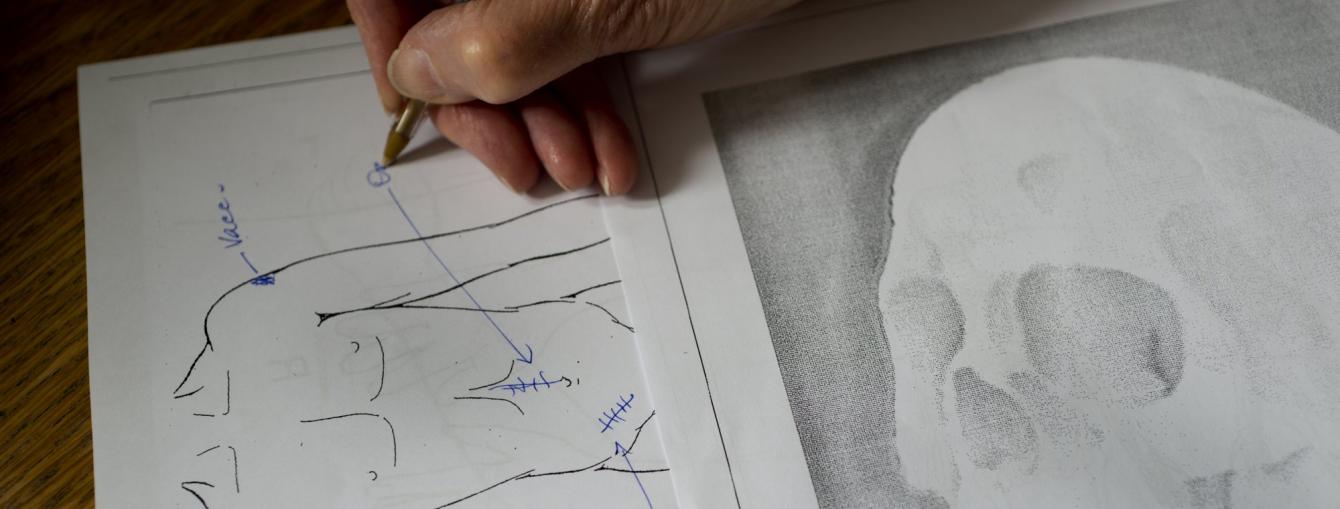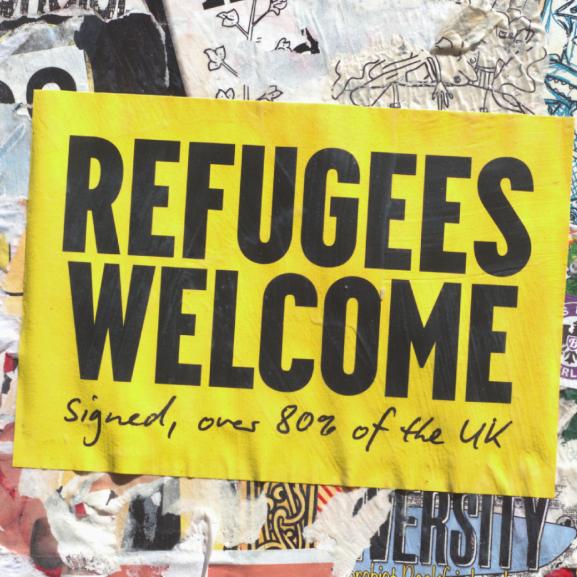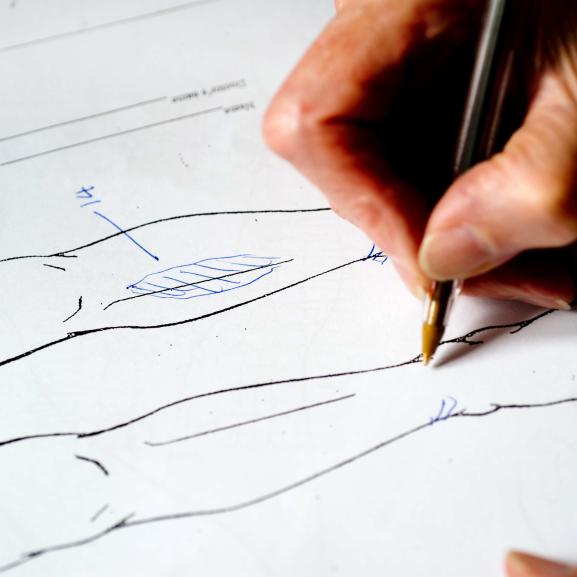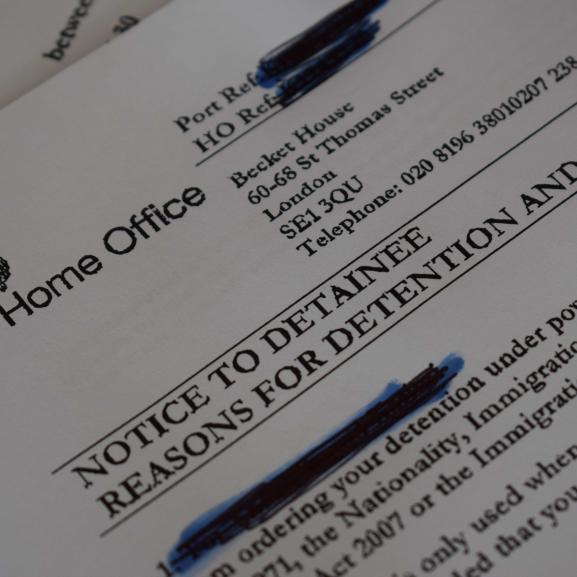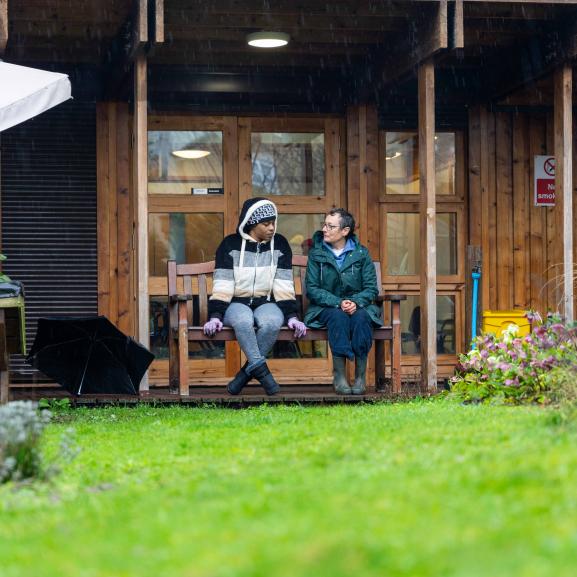Medico-legal reports
Medico-Legal Report Service
A medico-legal report is an important legal document that can be used to support a torture survivor’s asylum claim. It documents the physical and psychological effects of torture.
Our medico-legal support service provides extensive and specialist training for our doctors who conduct forensic assessments of survivors of torture seeking asylum in the UK. Our remit criteria can be found on our referral form, which can be found here.
Our specialist and highly trained doctors take an account of the survivor’s ill-treatment, as well as details of their background and physical and mental health. They conduct a full physical assessment, examining the scars and injuries attributed to torture, and a detailed psychological assessment. Applying the international legal standards as set out in the Istanbul Protocol, our experts document their findings and provide an overall conclusion.
An interpreter will be provided for people who do not speak fluent English.
We cannot accept referrals directly from survivors. Referrals must be made by the survivor’s legal representative.
What is a medico-legal report?
A medico-legal report (MLR) is an important legal document, which is used to support a torture survivor’s asylum claim. It can only be requested by the survivor’s legal representative.
An MLR forensically documents evidence of torture. It uses international legal standards set out in the Istanbul Protocol.
Where we work
We are a national service. We provide our service to all torture survivors living in the UK. We carry out assessments in London, Manchester, Newcastle and Glasgow.
Please ensure that you specify whether your client can travel, and where they would prefer to be assessed, when making a referral. It may be possible to see your client earlier if you provide more than one option.
Making a referral
In order to make a referral, please complete the referral form.
It is essential that you provide us with clear instructions, as required by rule 9.3(d) of the 2024 Practice Direction, and the core documentation.
The core legal documentation enables us to assess whether the referral meets our remit criteria (against which all referrals are considered), the complexity of the case – both legal and clinical - and allocation to a doctor. If you have requested your client’s medical records, it will assist us to record that on the referral form, and the date they were requested.
Demand for our service almost always exceeds our capacity. We will prioritise those cases where the medico-legal report is likely to have the most impact.
We aim to respond to your referral within 7 days.
Medical records
Medical records need to be requested by a Subject Access Request (SAR) Make a subject access request | ICO. In our experience, it can take up to two months to receive medical records following a SAR.
We will be able to progress referrals faster if a SAR is made in advance of the MLR referral.
We generally require primary health care records (i.e. GP records), including all correspondence, before we can set up an appointment with a client.
Post-referral
If your referral is successful, please provide written acceptance of our terms and conditions within 2 weeks.
It is of paramount importance that you request medical records at this stage, if you have not already done so.
Please note: Your case will not be allocated to a doctor until we have received confirmation of funding and all requisite documentation.
Once we have allocated the case to one of our doctors, you will be provided with a date and time for your client’s assessments. In most cases, clients will receive one face to face and one remote assessment, depending on the type of report requested. The total appointment length is typically 4-6 hours.
You will also be provided with a date by which we intend to issue the report.
Prior to the appointment:
If your client has to travel to one of our centres for their appointment, it is your responsibility to ensure that they have the funds to do so.
We ask that you complete our risk assessment form at least 7 days prior to the appointment.
48 hours prior to the appointment we will ask you to confirm that the client is able and willing to attend and that travel arrangements are in place, if necessary.
Timescales for issuing the report:
A medico-legal report is a complex undertaking, often involving more than one appointment with a client. Our production times vary depending on the type of medical evidence requested, the complexity of the case and clinician availability.
We tend to issue reports within 12 weeks of the first appointment date, but this can be variable.
If there is a deadline by which you require the report, please ensure that you inform us of this as soon as possible. When demand for our service is particularly high, long delays may occur between a case being ready for assessment and the assessment taking place.



